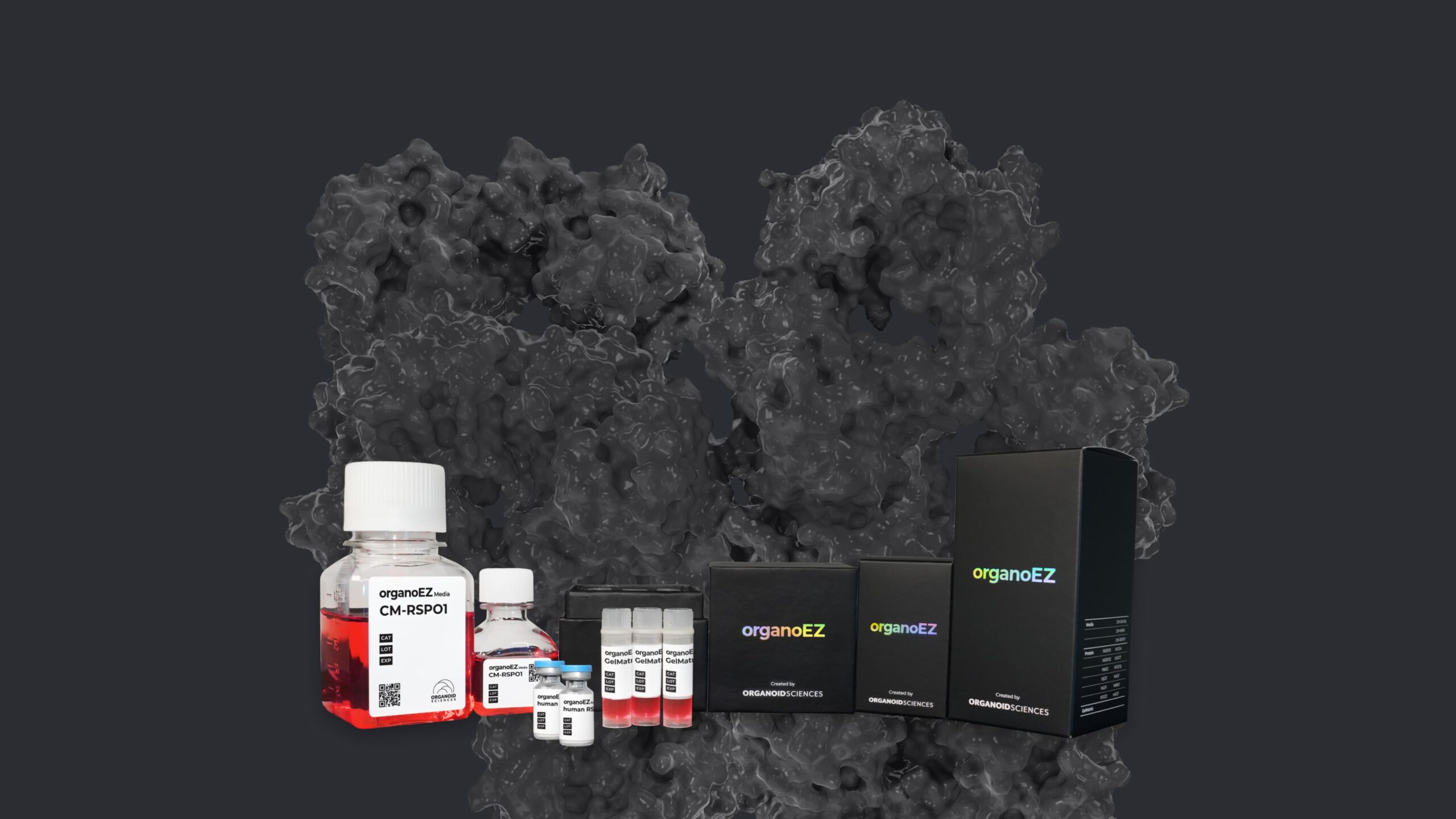Scientists from HKUMed have created the world’s first biobank of intestinal metaplasia organoids, providing unprecedented insights into stomach cancer development. These 3D cellular models reveal that precancerous cells display a hybrid identity, mixing stomach and intestinal characteristics while expressing fetal genes that enable cellular flexibility. The research team cultured 70 organoids from 47 stomach cancer patients, capturing various stages from normal tissue to advanced precancerous states.
In a parallel study, they mapped early mutations in normal stomach tissue, discovering that by age 60, nearly 10% of stomach lining cells contain cancer-associated mutations. Inflammation appears to trigger chromosome abnormalities surprisingly early in life. These breakthrough models allow researchers to identify high-risk patients and potentially develop interventions to reverse precancerous conditions before they progress to malignancy.






